Wedding planning is a big undertaking, I’m not kidding; that goes for the little weddings, big weddings or even if you decide to elope! They take time, can stir up emotions that you may not have been expecting, but it will; as to quote an old TV host “be alright on the night” And choosing how you get married I think would come up on top for getting it right
So what are your options?
Church wedding
Traditional religious ceremony, you’ll need to work out which is your parish but you are also able to wed in other churches. You can find some really helpful advise over on www.yourchurchwedding.org
Cost: The required legal fee for marrying in a church. If you marry outside your own parish, it is £497 in 2017* and £456 if you marry in your home parish (providing you both live there). This is set by the Church of England nationally and is the same for every church.
This basic legal fee includes the cost of the vicar, the church, calling your banns, a banns certificate, the marriage certificate, lighting and all administration.

Requirements:
Reading of Banns
Most Church of England marriages will require banns to be published before the wedding can take place. You won’t need to arrange banns until about four months before your wedding date. Read more about what’s special and important about banns.
If there is not enough notice given for the banns to be read before the marriage is due to take place, or in the case of the marriage of people who are not nationals of a country within the European Economic Area, or if one or both of you does not live in England or Wales, it is recommended that the Licence procedure be used rather than banns.
Licences
There are some circumstances in which you may need a Special Licence, Common Licence or a Superintendent Registrar’s Certificate to marry in church. Your vicar will let you know if these apply to you.
*souce yourchurchwedding.org
Approved premises
Approved premises is a venue where you are legally allowed to get married, the local registrar will come out to your choose venue and conduct the service, which can be tailored to you and yours.
Cost: Approved Premises Mon-Thur £375 (excludes marriage certificate)
Approved Premises Fri £400 (excludes marriage certificate)
Approved Premises Sat £425(excludes marriage certificate)
Approved Premises Sun/Bank Hol £450 (excludes marriage certificate)
for approved premises please check out Council Approved Premises
Requirements: Before a civil partnership can take place, couples must give formal Notice of their intention to enter into this partnership. This must be given to the local register office in the district where you have been living for at least the last 8 days. Giving Notice of Marriage or for a Certificate of No Impediment £35 each
A non-refundable booking fee of £45 is payable to secure a venue, date and time with the Isle of Wight Register Office
*source www.iow.gov.uk
Registrar’s office
Cost: Register Office Ceremony (Mon – Sat) £50 (inc 1 certificate)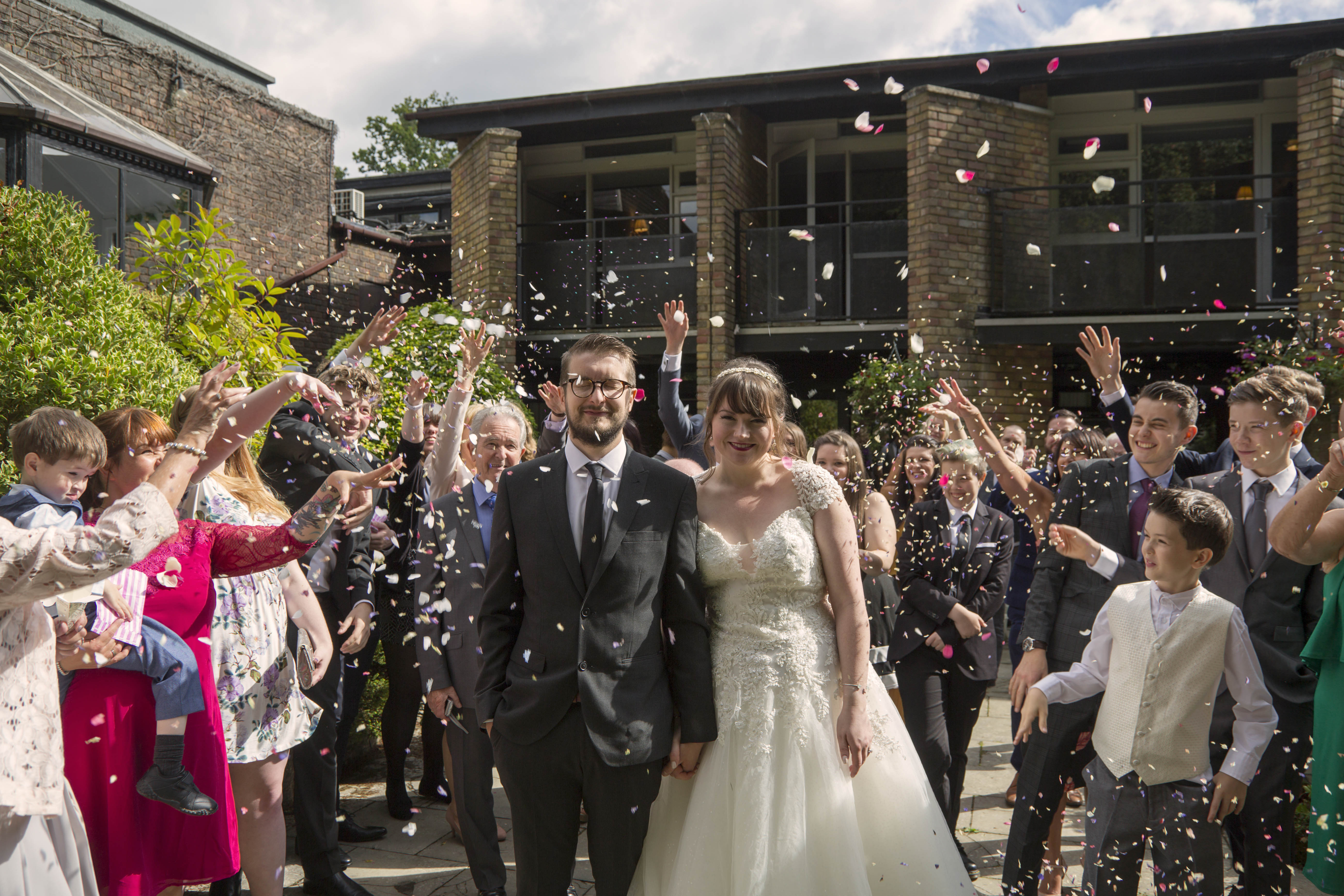
Requirements: Like the approved premises you’ll have to give notice and pay a Booking fee £45 (non-refundable) as well £35 each for giving notice.
Celebrant
A celebrant is someone will is able to conduct a more personified ceremony/blessing, In parts of the UK certain religious ceremonies are not legal but that doesn’t mean you can’t have the celebration you’d like, they cater to handfastings (although you would also be able to opt for a pagan priest) unity candle ceremony and many other symbolisms that work for your big day.
Cost: UK average £300
Requirements: You will have to go to your local registrar and do the legal bit. But after that you and your future spouse can have a blessing pretty much anywhere you wish with permissions from landowners and venues of course.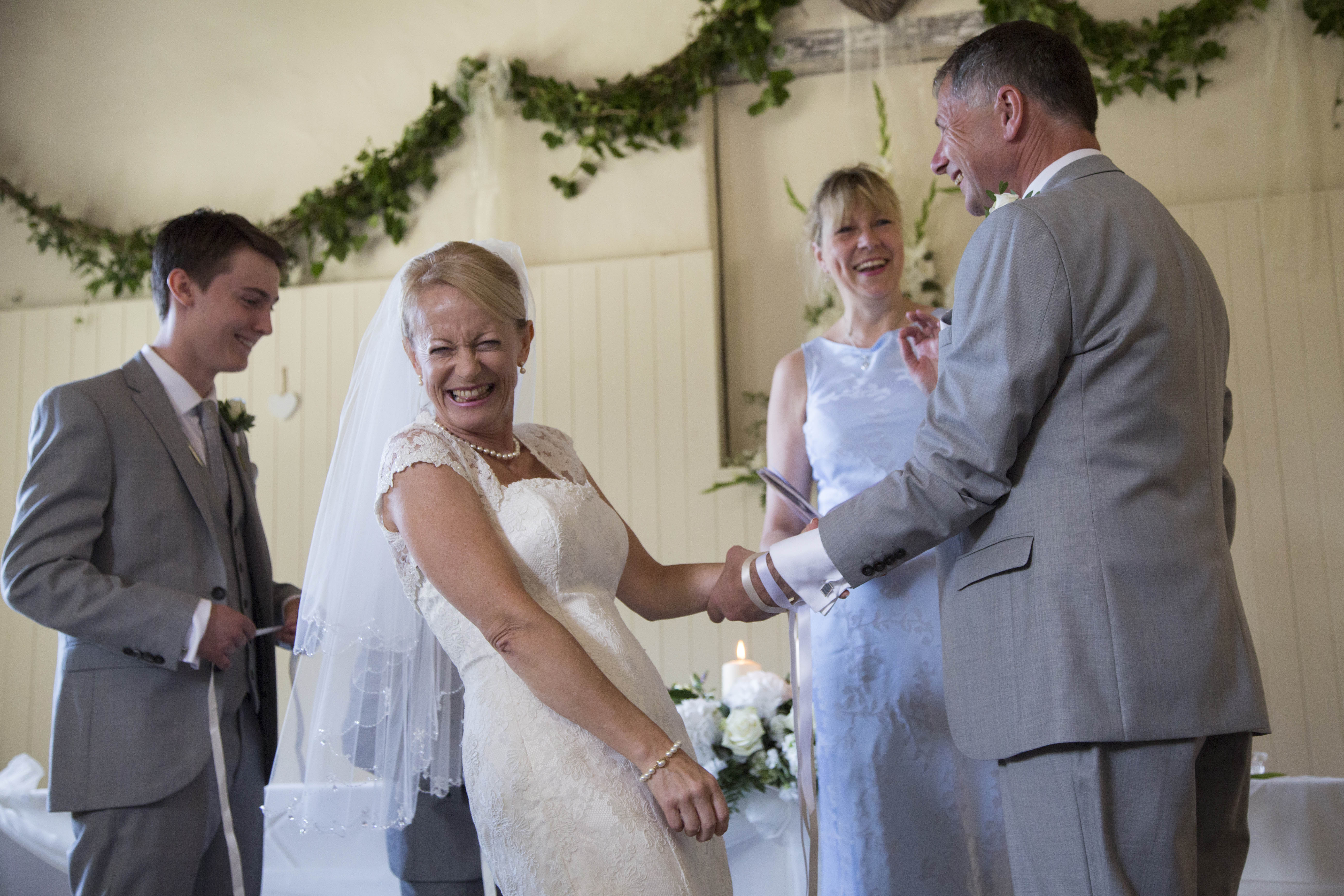
Island Celebrants – http://roger-holmes.co.uk/, http://www.love-me-do-ceremonies.com/
www.islandcelebrants.com
Aboard
Or of course if none of those things tickle your fancy and you’re thinking of a far flung wedding, the world is your oyster.
Cost : £35 and up
Requirements: Each country does their legal stuff differently, so first up you will have to call the local authorities of where you intend to marry and they will give you all the information you need to go ahead with your wedding, You’ll also have to go to your local registrar to give notice and attain a CNI (certificate of no impediment)
for more information please check out https://www.gov.uk/marriage-abroad
So, I hope this helps!
*credits
Images Holly Cade Photography
Save
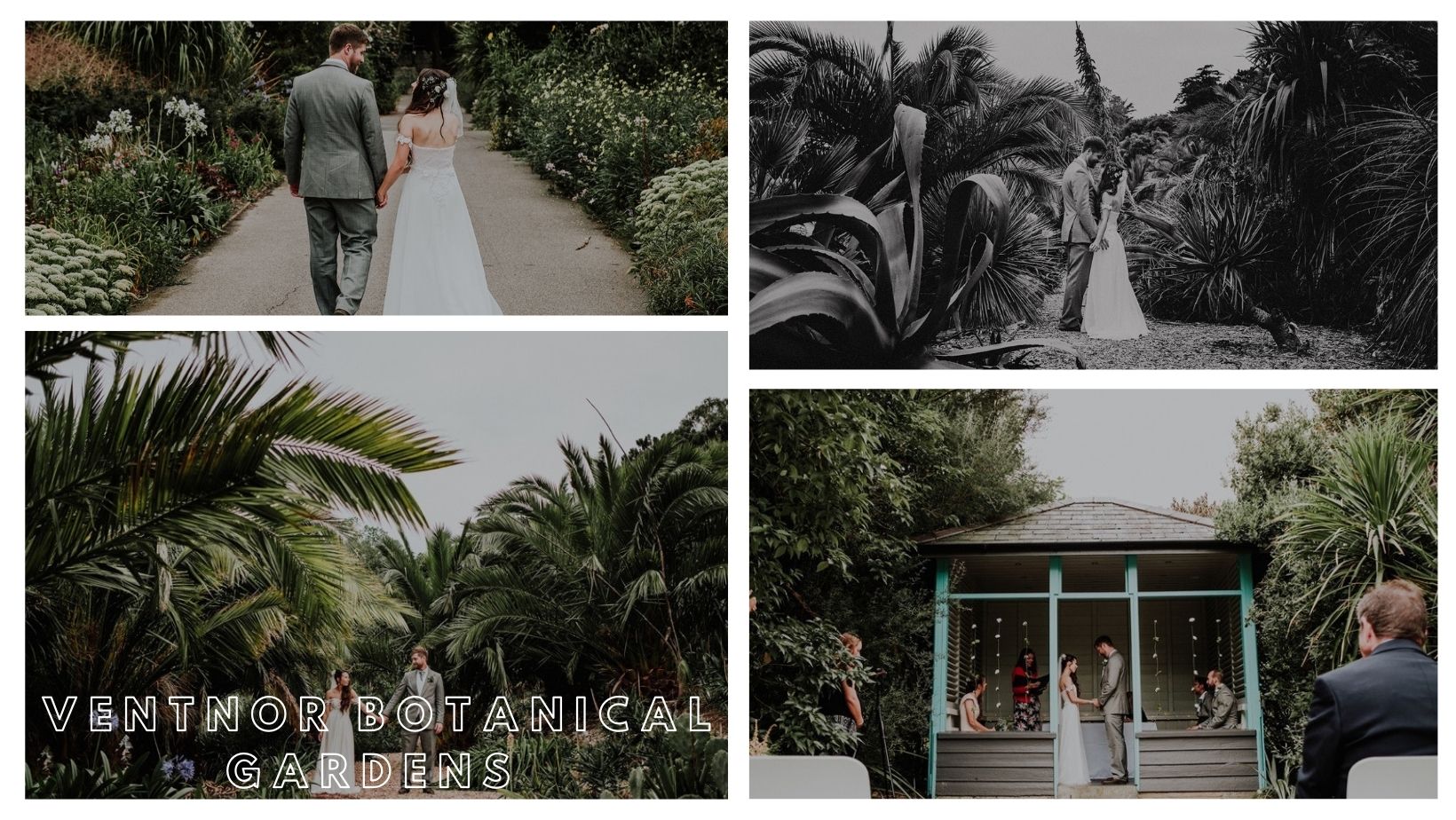
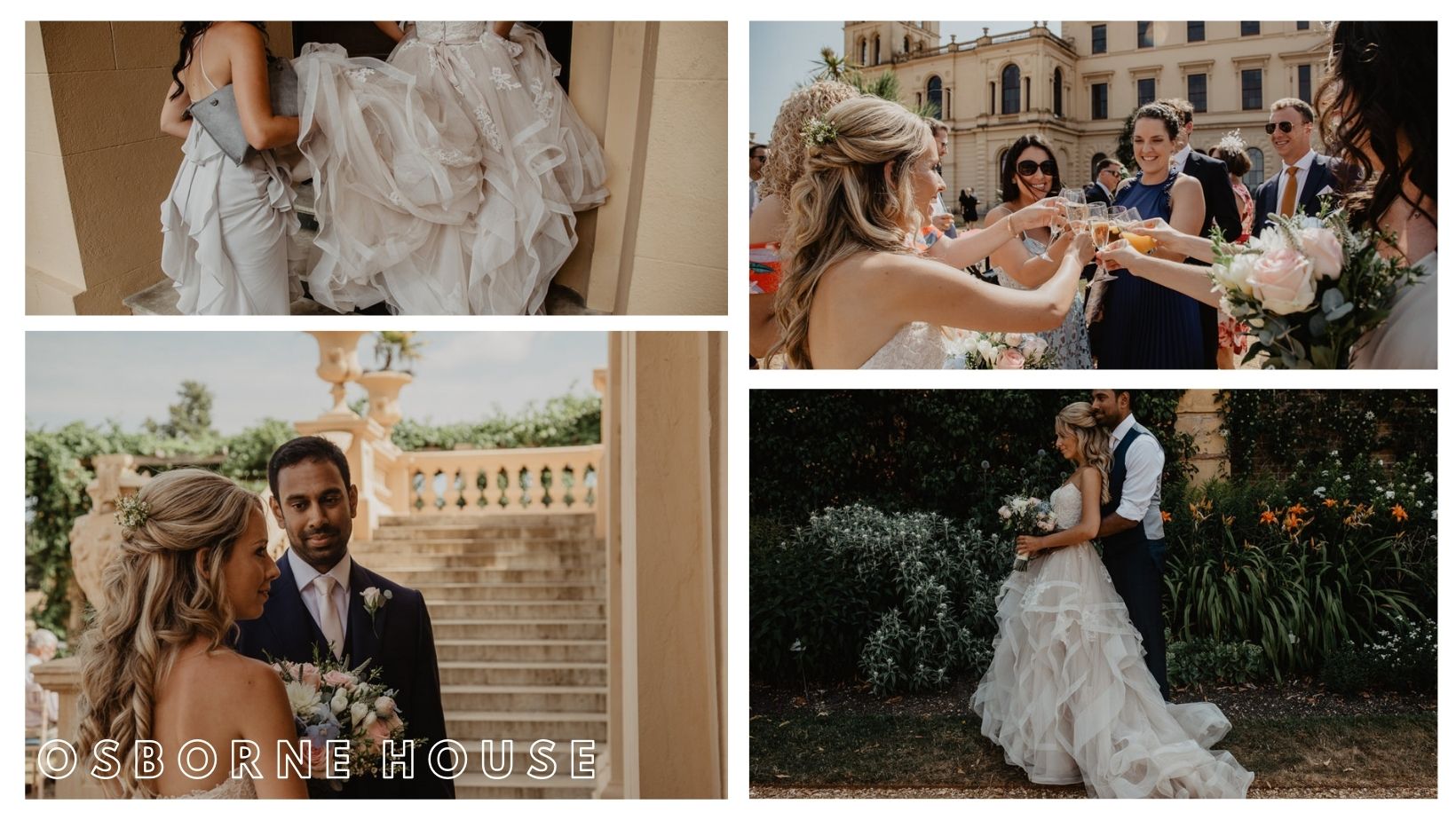 Osbourne House; Famous for being the summer home of Queen Victoria. You’d be hard pressed to find a more regal venue, Marrying at this grand venue you’ll have the option of choosing from three different but all glorious rooms to the wonderful areas outside such as the walled garden, the Belveder terrace and the lower terrace or even “the queens alcove” situated on the beach.
Osbourne House; Famous for being the summer home of Queen Victoria. You’d be hard pressed to find a more regal venue, Marrying at this grand venue you’ll have the option of choosing from three different but all glorious rooms to the wonderful areas outside such as the walled garden, the Belveder terrace and the lower terrace or even “the queens alcove” situated on the beach.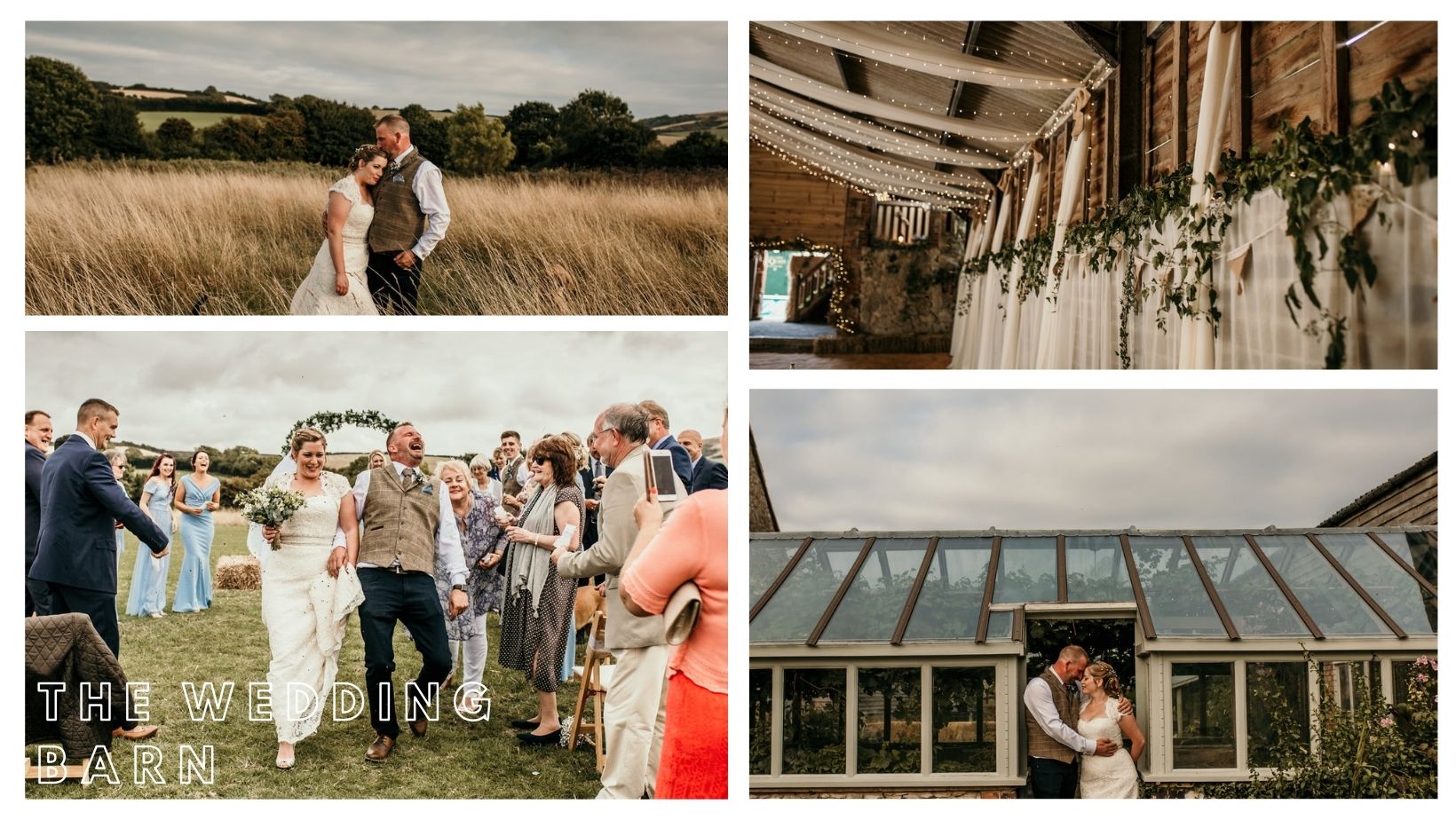
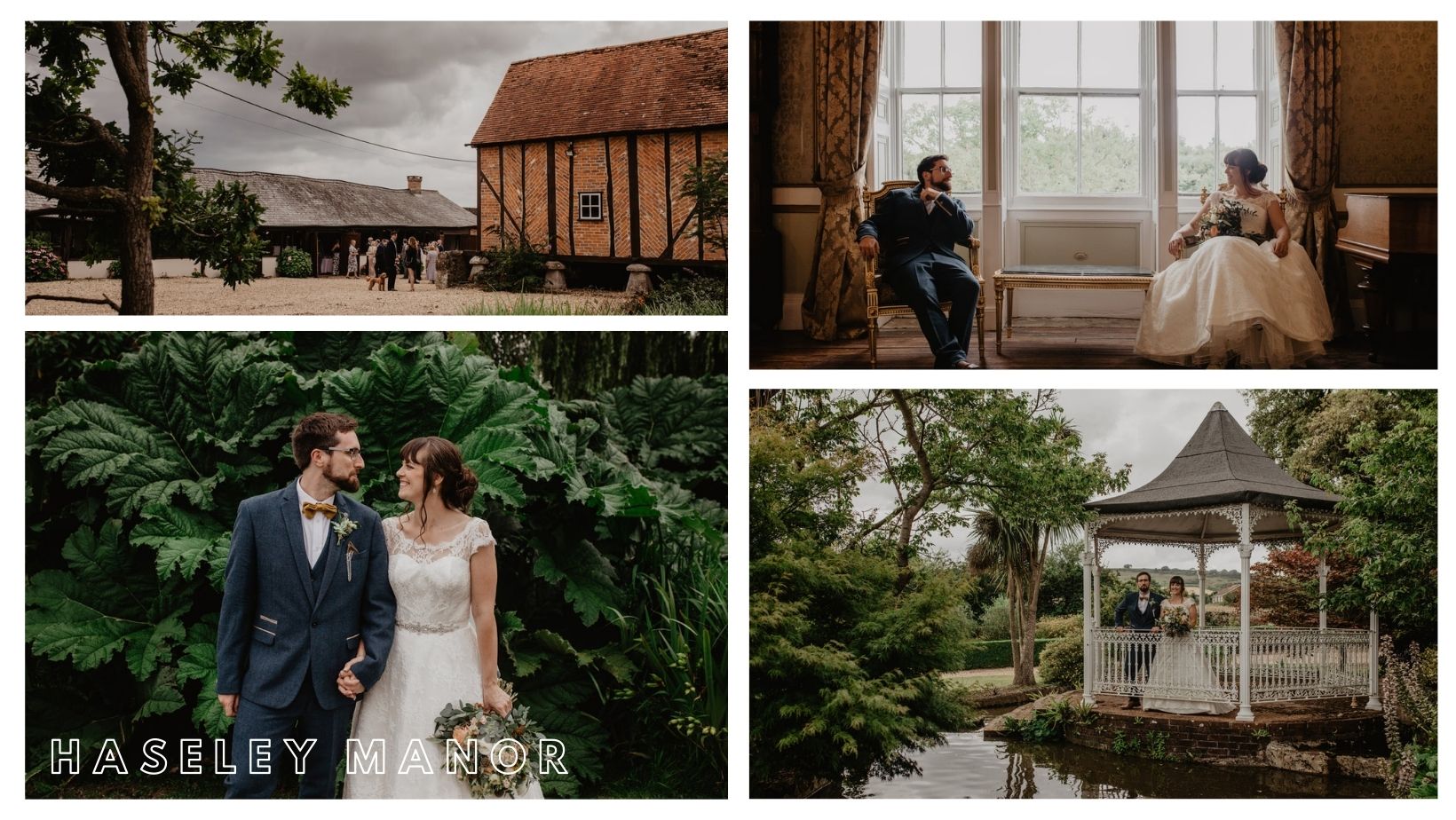




















 Next was up the photographer, my goodness we have just as many wonderful photographers as we have venues, we didn’t hang about and seeing how quickly they get booked up I didn’t want to delay! Now Every time ours blog their latest wedding I get a little more excited about them capturing our big day.
Next was up the photographer, my goodness we have just as many wonderful photographers as we have venues, we didn’t hang about and seeing how quickly they get booked up I didn’t want to delay! Now Every time ours blog their latest wedding I get a little more excited about them capturing our big day.
